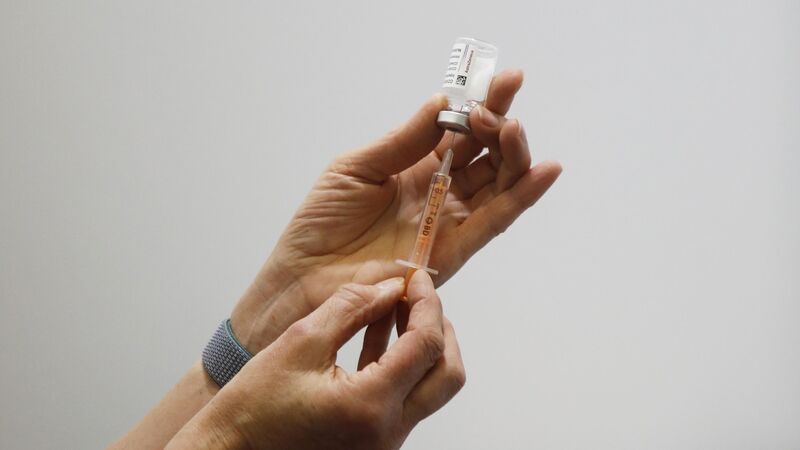Foley acknowledges new vaccine schedule is 'cause of upset' but defends decision after teacher unions vote for industrial action ballot

Last week, the Government announced it was changing the programme to an age-based system, once the most medically vulnerable and over 70s were inoculated. Picture: Leon Farrell/Photocall Irelan
Minister for Education Norma Foley has acknowledged the change in vaccination priority schedule has been "cause of upset and disappointment for many in the education sector and also in other sectors".
Minister Foley made the comments in her address to the TUI congress this morning however, she maintained that this change in priority was based on the latest scientific evidence.













